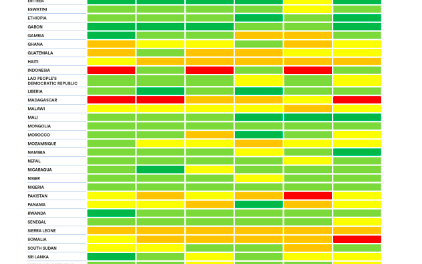October 10, 2024 – Consuming caffeine-rich beverages like coffee, tea, and cocoa may significantly reduce the risk of heart attacks and strokes in individuals with lupus and rheumatoid arthritis, according to a new study published in Rheumatology. The research, conducted by scientists from Sapienza University of Rome, highlights the potential cardiovascular benefits of caffeine for patients suffering from inflammatory rheumatic diseases.
Inflammatory conditions such as lupus and rheumatoid arthritis increase the risk of cardiovascular events, including heart attacks and strokes. This is not only due to the diseases themselves but also the side effects of treatments, especially cortisone derivatives. To date, conventional advice for these patients has focused on quitting smoking, managing cholesterol levels, and controlling high blood pressure.
However, this new research adds another factor to the heart-health toolkit: caffeine. The study reveals that caffeine can help regenerate the lining of blood vessels through its positive impact on endothelial progenitor cells, which play a crucial role in vascular growth and repair.
“The present study is an attempt to provide patients with information on the possible role of diet in controlling the disease,” said Fulvia Ceccarelli, the lead author of the paper. She added that caffeine appears to exert anti-inflammatory effects by binding to receptors on the surface of immune cells, which could contribute to improved vascular health.
The researchers assessed 31 lupus patients without traditional cardiovascular risk factors. Participants kept a detailed food diary for seven days, and after the week, their blood was analyzed for indicators of vascular health. The results showed that patients who consumed caffeine exhibited better vascular function, as measured by the health of endothelial cells, which form the crucial inner layer of blood vessels.
While the findings are promising, Ceccarelli emphasized the need for further research. She called for a longitudinal study to confirm the results and fully assess how caffeine consumption might influence the progression of inflammatory diseases like lupus and rheumatoid arthritis.
This study offers new hope for individuals with these conditions, suggesting that simple dietary changes could have a profound impact on their long-term heart health.











